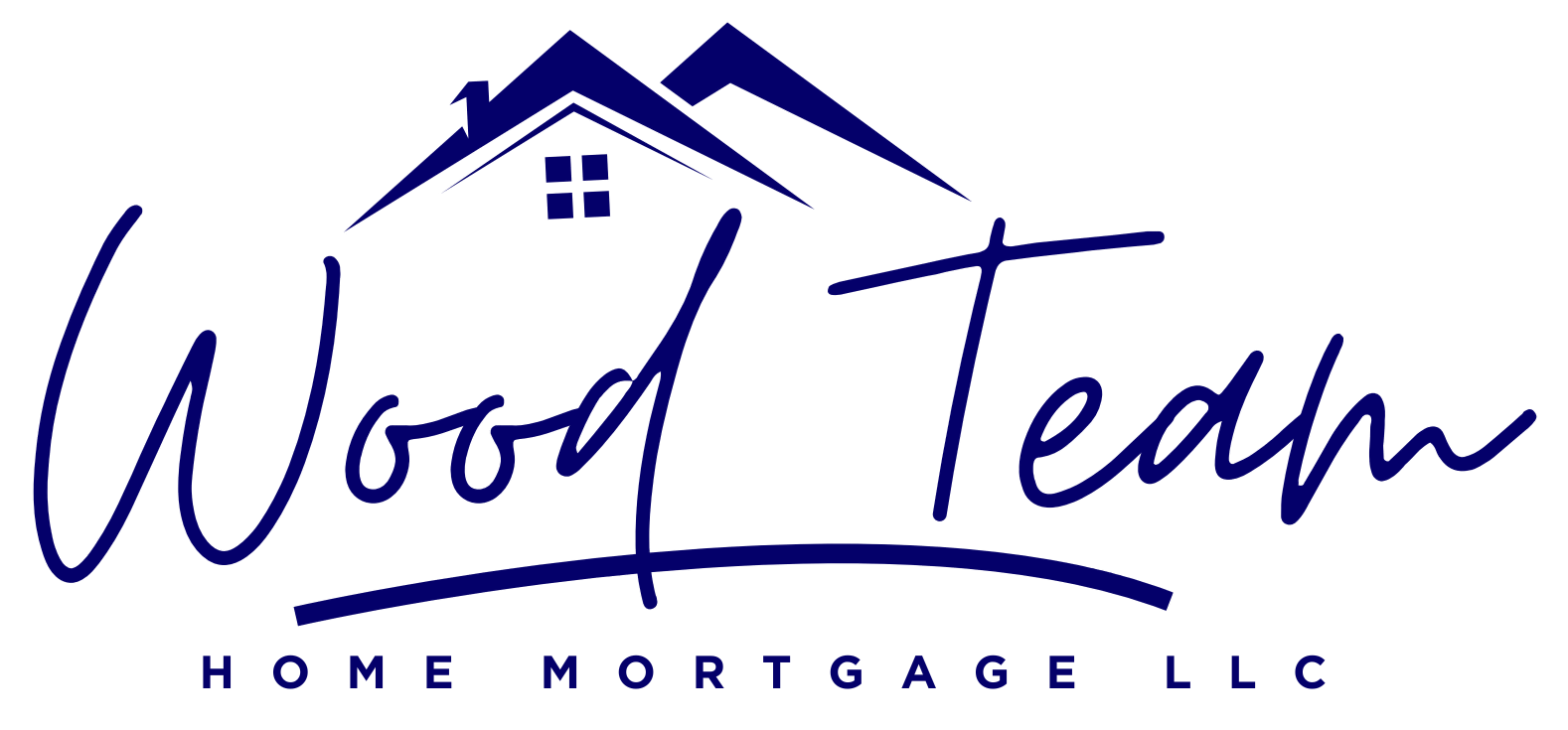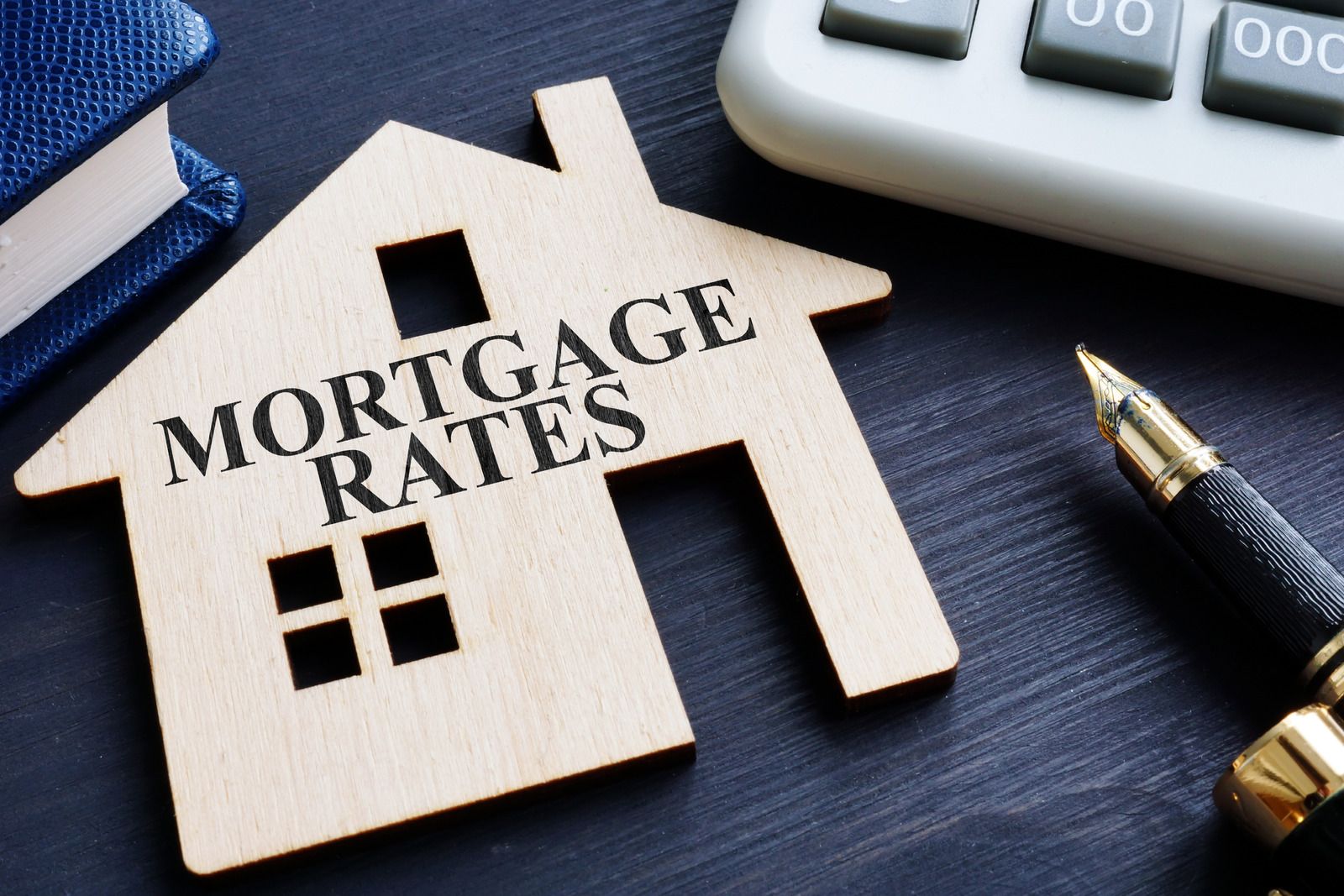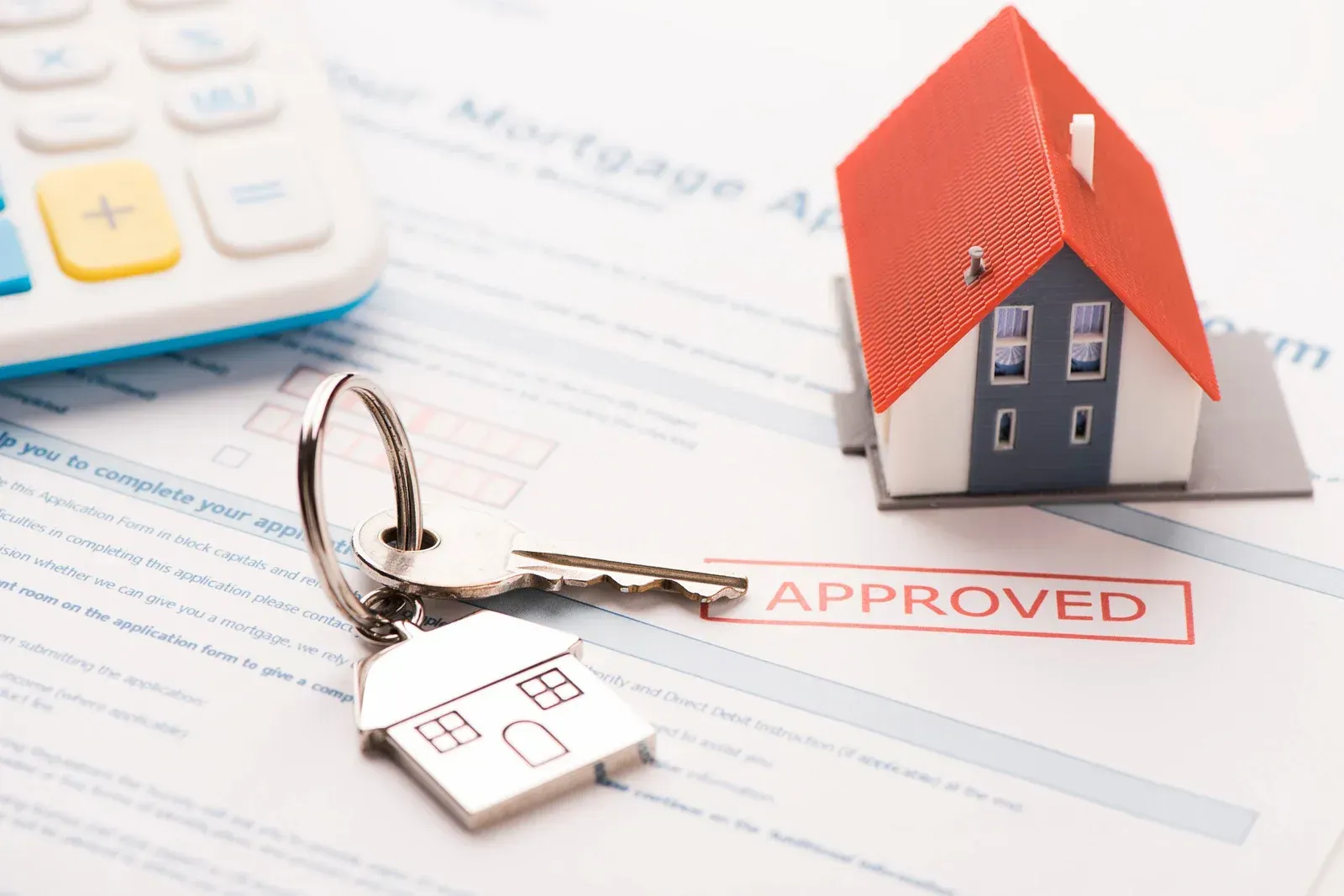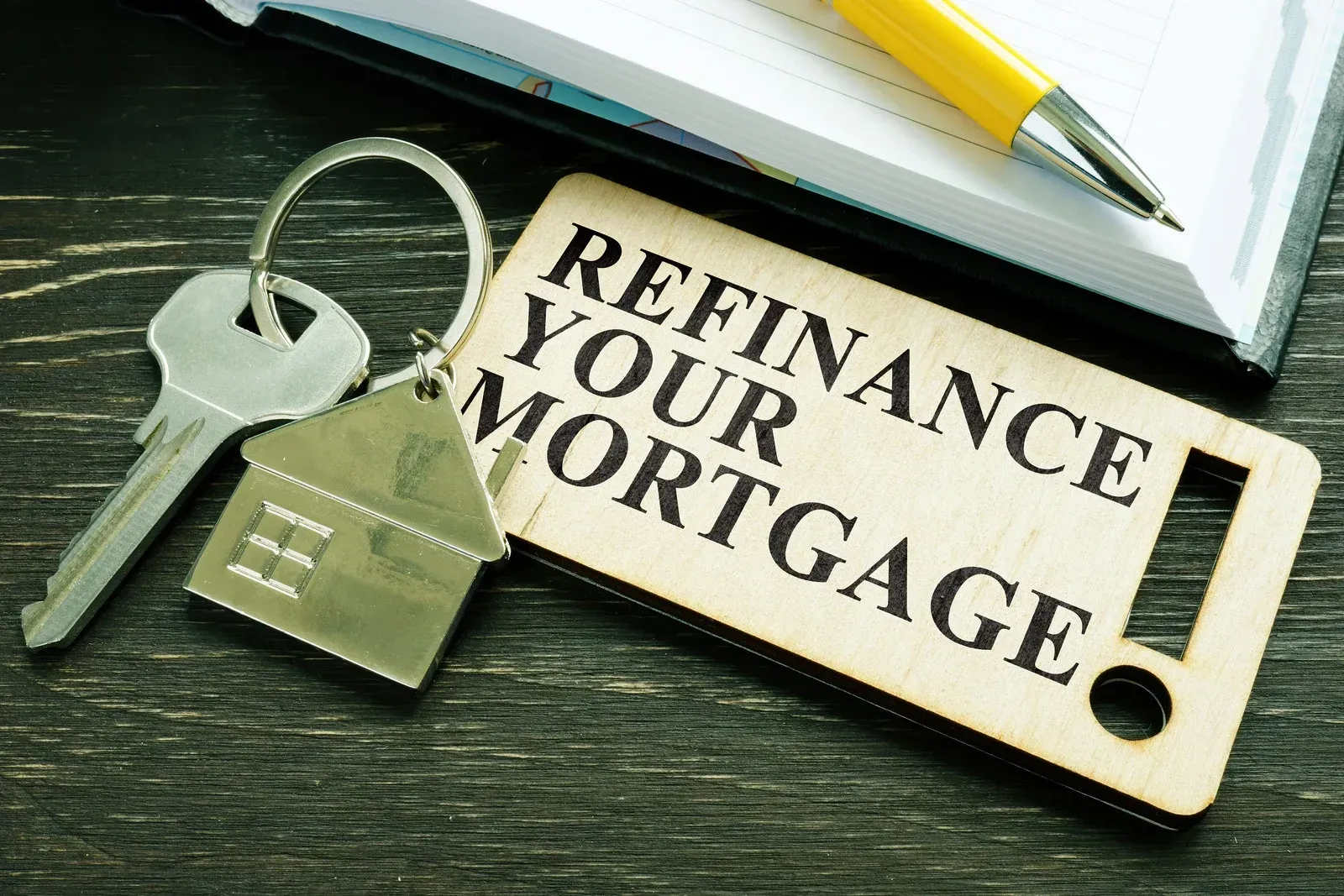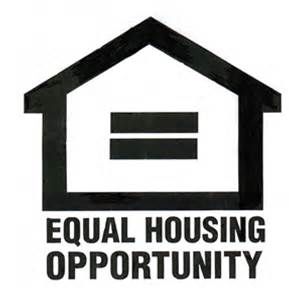Finding The Right Mortgage For You
Choosing the right mortgage for your needs is just as important as choosing the right home. Many new homebuyers aren't aware of the different loan types and options that are available to them. For example, some mortgage programs, like VA and FHA mortgage loans, allow for lower to zero down payments. To help you decide which mortgage loan is best for you, our Bozeman mortgage lender team is here to go over the different loan types on the market.
Choosing The Right Mortgage Product
Mortgage products come in 5 main types: conventional, jumbo, Government-insured, fixed-rate, and adjustable rate.
Conventional Mortgage Loans
Conventional mortgages are your traditional loans. Conventional mortgages are not backed by the Federal government. They come in two types; conforming and non-conforming. Limits for loans are set by the Federal Housing Finance Agency. Mortgages that fall under these set limits are considered to be conforming loans. Mortgages that do not fall under these limits are referred to as non-conforming, for example, a jumbo loan. With conventional mortgage loans, if you make a down payment of less than 20%, you will probably be required to pay Personal Mortgage Insurance, which protects the lender in the event that you default on your mortgage repayments.
Conventional Mortgage Pros:
- You can use them for a primary home, investment property, and second home purchases
- Borrowing costs tend to be lower than other types of mortgage loans, even if you get a higher interest rate
- It allows you to cancel your PMI once you have repaid 20% of the home's equity. You also have the option of removing PMI by refinancing the mortgage loan
- Two mortgage programs, Freddie Mac and Fannie Mae, allow you to make lower down payments, which can be as low as 3% of the sale price of the home
Conventional Mortgage Cons:
- You will typically need a credit score of 620 or higher to qualify
- The down payment that is required is higher than a government-backed mortgage loan
- Your debt-to-income ratio cannot be higher than 45% t0 50%
- Conventional mortgage loans require a significant amount of documentation in order to verify your employment, income, debts, assets, and the funding of your down payment
A conventional mortgage loan is a good option for borrowers that have stable employment and income, a good credit score and credit history, and who are able to put at least 3% down.
Jumbo Mortgage Loans
Jumbo mortgage loans are a form of non-conforming loans. This means that the home price and lending of funds are over the limits of what has been set by the Federal government. This type of loan is often used for homes that are in a much higher price bracket.
Jumbo Mortgage Pros:
- A jumbo mortgage gives the borrower the ability to borrow funds for an expensive home or property
- Jumbo loans have interest rates that are competitive with conventional mortgages
Jumbo Mortgage Cons:
- To qualify for a jumbo loan, you will be required to make a down payment of at least 10% to 20%
- Your credit score has to be 700 or above in many instances, however, some lenders will accept a credit score of 660
- You must have a debt-to-income ratio that is no higher than 45%
- You will need to have a significant amount of assets in cash or savings, typically 10% of the mortgage amount
A jumbo mortgage is a good option for affluent borrowers who are purchasing a high-end home, who have excellent credit, a substantial amount towards a down payment, and who have a fairly high income. Qualification for a jumbo mortgage is based on the amount that you require to finance your purchase, as opposed to the overall amount of the home you are buying.
Government-insured Mortgage Loans
The Federal government doesn't take on the role of a lender, however, it does offer government-backed mortgage programs that help homebuyers. The backing can come from one of three agencies; the Federal Housing Administration (FHA), the U.S. Department of Veteran Affairs (VA), and the U.S. Department of Agriculture (USDA)
Federal Housing Administration (FHA) Mortgages
The FHA mortgage program was created to help homebuyers who are struggling to make a larger down payment, and whose credit score isn't that good, be able to qualify for a mortgage loan. To qualify for an FHA mortgage, you need to have a credit score of at least 580 and will need to make a down payment of at least 3.5%. This gives you the maximum financing amount of 96.5%. You can also qualify with a credit score of 500 but will need to make a 10% down payment. FHA loans also have two insurance premiums; an upfront and an annual payment.
U.S. Department of Agriculture (USDA) Mortgages
The USDA mortgage program was created to help families who have income that is low to moderate. The home you buy must be in a rural area and one that is classed as USDA-eligible. There are income limits that you must meet and, for those with a low income, you may not need to make a down payment.
U.S. Department of Veteran Affairs (VA) Mortgages
VA mortgage loans were created to help active duty and veterans of the U.S. Military, as well as their families, buy a home. VA loans have a low-interest rate and are more flexible than a conventional mortgage loan. VA loans do not require a down payment or mortgage insurance, however, you do have to pay a funding fee, which is a percentage of the mortgage amount.
Government-insured Mortgage Pros:
- Helps buyers who can't qualify for a conventional mortgage
- Credit requirements are more relaxed and flexible
- In some instances, you are not requires to make a down payment
- These mortgage types are available to both first-time and repeat homebuyers
Government-insured Mortgage Cons:
- For FHA mortgages, the insurance premium is compulsory and cannot always be canceled
- The cost of borrowing can be higher than a conventional mortgage
- You tend to need more documentation for the mortgage process
Government mortgage loans are a good option for those whose credit isn't that good, those who have a limited amount of savings, and those who are unable to qualify for a conventional mortgage.
Fixed-rate Mortgages
A fixed-rate mortgage is one that gives you an interest rate that remains the same throughout the course of the term of the mortgage. It's a good option if you need to keep tighter control of your monthly budget, and have no plans to move in the next 7 to 10 years.
Fixed-rate Mortgage Pros:
- Your monthly repayments won't fluctuate as much (they can change over the course of the life of the mortgage as you pay down the principal)
- It's easier to budget for your other monthly expenses
- If there is a rise in interest rates in the market, your rate doesn't rise with it.
Fixed-rate Mortgage Cons:
- In some cases, you may end up paying more in interest fees over the term of the mortgage
- It takes longer to build up equity in your home
- Mortgage rates are often higher than what you would get with the adjustable-rate mortgage
- If interest rates in the market drop lower than yours, you are stuck with the higher rate
Adjustable-rate Mortgages
With the adjustable-rate mortgage, you get lower rate offers. However, the rates can fluctuate with the market, sometimes quite a bit. Most adjustable-rate mortgage products give you a fixed-rate period for a few years. Once that period is up, it switches to a variable rate. This is a good option if you plan on selling the home in a few years, or if your monthly budget can handle the rise and fall each month.
Adjustable-rate Mortgage Pros:
- You are given a lower fixed rate to start off with
- You can save quite a bit on interest payments
Adjustable-rate Mortgage Cons:
- You have a risk of your monthly mortgage repayments becoming unaffordable
- There is a risk of the value of the home dropping, making it harder to refinance or sell the home before the end of the fixed-rate period.
Knowing what mortgage programs you can qualify for is your first step towards choosing one that will work for you. If you have questions about your options, give our Bozeman mortgage lender team a call today!



